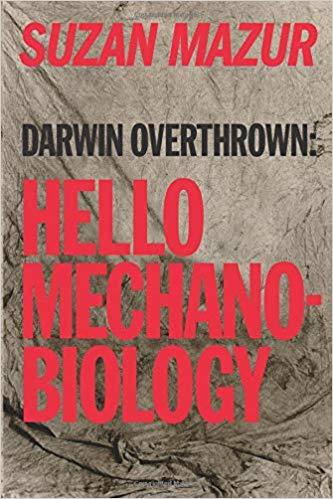Were early planetesimals Earth’s source of water and biogenic elements?
Planetesimals are small, accreting bodies in orbit that, massing together, eventually form moons or planets. Origin of life researcher David Deamer (University of California-Santa Cruz) suggests places like Yellowstone National Park rather than salty oceans as life’s first incubators.
And he lays out 18 physical, chemical and emergent processes that must take place for life to begin, claiming that so far “None of the published simulations [including those of Miller, Szostak, Orgel, Joyce, Sydney Fox, Noireaux & Libchaber (partial list)] is sufficiently complex!”.Suzan Mazur, “Origin of Life Fever & Dave Deamer’s Tips on Assembling Life” at Oscillations

We keep discovering new processes too, so there are certainly enough research areas to go around.
Suzan Mazur is the author of Darwin Overthrown: Hello Mechanobiology
Note: I’ve had a chance to read Mazur’s interview with French scientist Vincent Fleury on the origin of form (with, as it happens, background noise supplied by PZ Myers). Fleury’s approach, which attempts to see the underlying patterns, is instructive and I am looking forward to reading more of the interviews in the book soon. – O’Leary for News
Follow UD News at Twitter!
See also: Suzan Mazur Asks: How Far Have We Gotten In Understanding The Mechanome?
Planetesimals:
Copyright © 2019 Uncommon Descent . This Feed is for personal non-commercial use only. If you are not reading this material in your news aggregator, the site you are looking at is guilty of copyright infringement UNLESS EXPLICIT PERMISSION OTHERWISE HAS BEEN GIVEN. Please contact legal@uncommondescent.com so we can take legal action immediately.
Plugin by Taragana
Michael J. Behe's Blog
- Michael J. Behe's profile
- 219 followers



